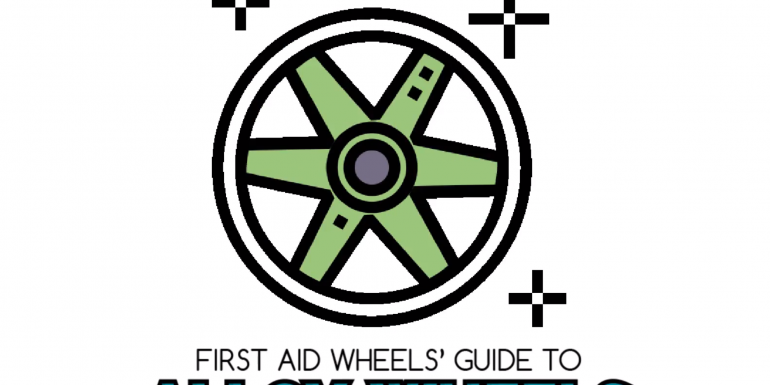
- February 13, 2017 /
- Car Care Tips Car Safety Driving Fun Infographic /
- By sprint /
- 0 Comments
Learn Basic Alloy Wheel Tips in 2 Minutes
Alloy wheels have become very popular with motorists who like to add a touch of finesse to their cars, and they provide far more benefit than mere eye candy.
The alliance of aluminium with other metals makes them quite strong and durable, while they provide better performance in terms of brake clearance, acceleration and handling. Combine all these and you’ll end up with a car that’s greatly enhanced in value, if you ultimately decide to sell it second hand or trade it in for a newer model.
Before you scurry to your nearest auto shop and willingly empty your wallet or purse for a new set of alloys, though, you’ll need to know your car thoroughly so that you’ll purchase the right alloys. Is the offset of your wheels positive or negative? What pitch circle diameters (PCD for short) do you require? What size is the centre bore for your alloys? Unless you can provide clear answers for these off the top of your head, we suggest you first take a few critical measurements.
A good place to start is by checking out this short video from First Aid Wheels (http://www.fawheels.co.uk/), which brilliantly summarizes the most important things you need to know about alloy wheels. They’ve also written a more comprehensive post on the topic (http://www.fawheels.co.uk/blog.html/129-all-about-alloy-wheels.html), in which they provide key pointer such as how to fit alloy wheels and how to maintain them so that they don’t become bent or damaged just after you’ve made what you thought was a lasting investment.
All the starter info you need is below:
-
-
sprint